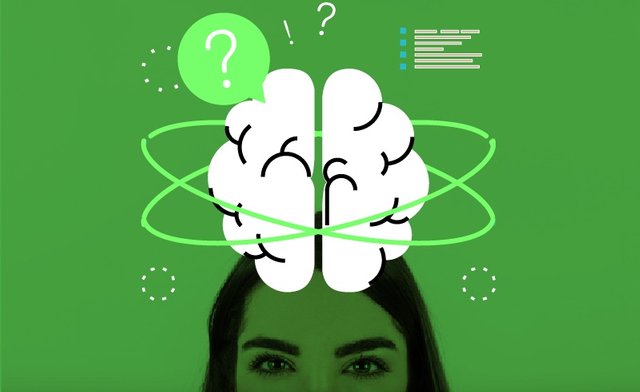The Neuroscience of Forgetting - Why We Must Learn to Forget!
Despite the common belief that memory fails us, forgetting is an evolutionary strategy. Not only does the brain absorb useless information every day, but it also forgets information that it does not need. This process is necessary for evaluating whether an informational input is important for survival. In this way, forgetting may be beneficial to us. However, despite its importance, the neuroscience of forgetting is just beginning to shed light on the brain's wiring.

In the 1970s, Eric Kandel established that chemical signals between neurons were the biological basis of all memory making. These neurons can also form new synaptic connections. This allows us to learn from long texts, but also makes it easier to forget what we have learned. This is the case in all animal brains. The neuroscience of forgetting could be a key to unlocking other mysteries of cognitive health. It also could help us understand why some people experience behavioral inflexibility, which prevents them from adapting to new patterns of behavior.
In the late 1880s, a prominent psychologist named Hermann Ebbinghaus conducted experiments to learn more about how we remember information. He noticed that people tend to forget about a certain percentage of the information they are exposed to within a few days. He then developed a measure of forgetting called the "forgetting curve." The curve measures the amount of forgetting that a person experiences over time. It can be broken into three periods: the first 24 hours, the first six days, and the last six days. The forgetting curve can also vary based on the person. For example, an adult will have a faster forgetting curve than a child.
Another study in the 1980s suggested that forgetting might also be a form of learning. Research from the Scripps Research Institute lab of neuroscience professor Ronald L. Davis found that the flies' brains reactivate dopamine-releasing circuits when they forget. This could explain why some people have trouble letting go of things that others have said. It may also explain why some people have an aversion to excess stimuli.
The latest research suggests that forgetting is a form of learning. As the brain forms memories, some elements are shuffled to different cortical areas. These regions search for similarities to information previously encountered. However, if they do not find any similarities, the memory is quickly forgotten. This means that the best techniques for remembering facts and information are not changing very frequently. However, researchers have found that the rate of decline decreases with reinforcement.
In 2016, a study revealed that inhibiting a specific forgetting protein affected fruit flies with a gene that causes autism. This study suggests that forgetting could be beneficial to people with autism. In addition, scientists suspect that the brain has a biological purpose to cull nonessential memories. A good night's sleep produces a clearer mind.
Research in the neuroscience of forgetting has also shed light on the importance of strategies for retaining knowledge. As a result, we may discover new ways to help people learn and improve cognitive health.